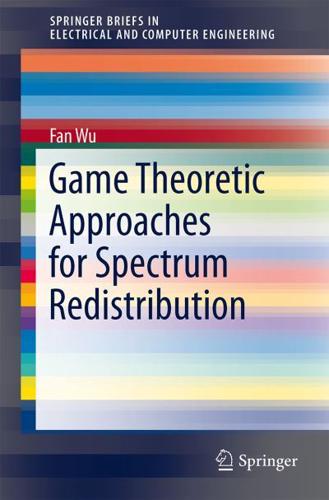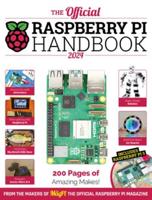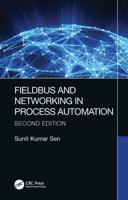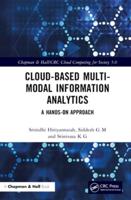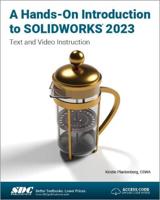Publisher's Synopsis
This brief examines issues of spectrum allocation for the limited resources of radio spectrum. It uses a game-theoretic perspective, in which the nodes in the wireless network are rational and always pursue their own objectives. It provides a systematic study of the approaches that can guarantee the system's convergence at an equilibrium state, in which the system performance is optimal or sub-optimal. The author provides a short tutorial on game theory, explains game-theoretic channel allocation in clique and in multi-hop wireless networks and explores challenges in designing game-theoretic mechanisms for dynamic channel redistribution. Since designing a completely secure mechanism is extremely expensive or impossible in most of distributed autonomous systems, it is more beneficial to study misbehavior of the nodes and develop light-weighted game-theoretic channel allocation mechanisms. With a mix of theoretical and hands-on information, the brief traces the concepts of game theory, the current state of spectrum allocation in wireless networks and future competition for resources. Thorough yet accessible, the content is ideal for researchers and practitioners working on spectrum redistribution. It is also a helpful resource for researchers and advanced-level students interested in game theory and wireless communications.


